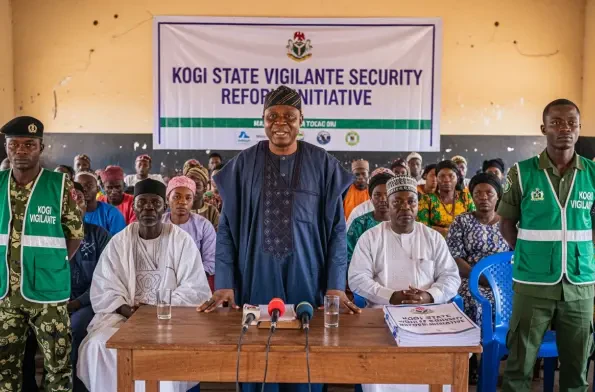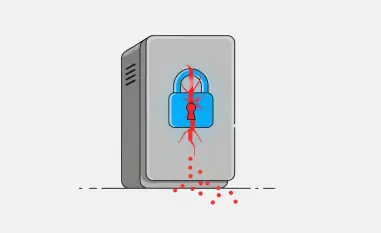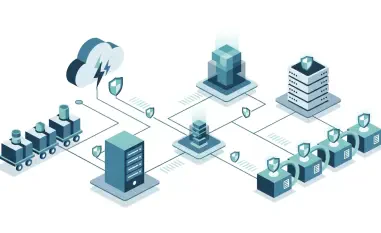In the heart of Nigeria, Kogi State is grappling with persistent security challenges that have long plagued its communities, from banditry to other forms of crime threatening public safety. Amid this backdrop, Governor Ahmed Usman Ododo has introduced a transformative approach by integrating over 2,500 vigilante personnel into the state’s civil service, a move hailed as a historic first in the country. This bold reform, which grants vigilantes permanent and pensionable positions, seeks to formalize local security efforts and enhance accountability at the grassroots level. By transitioning these individuals from informal roles to structured positions governed by public service rules, the state is setting a precedent for how local security can be reimagined. This initiative not only aims to strengthen community intelligence networks but also signals a shift toward professionalizing vigilante services, sparking curiosity about its potential to reshape security dynamics in the region.
Formalizing Vigilante Roles for Greater Impact
Governor Ododo’s administration has taken a groundbreaking step by officially documenting and gazetting the roles of vigilantes, ensuring they operate within a regulated framework. This reform, rooted in a 2013 law that first recognized vigilante services in Kogi State, marks a significant departure from the ad-hoc nature of their previous engagements. The integration into civil service means these personnel are now subject to the same accountability and oversight as other public employees, a change designed to enhance their effectiveness. Barrister Tanko Muhammed, Chairman of the Kogi State Civil Service Commission, has emphasized the importance of dedication among these new civil servants, underscoring their critical role in safeguarding communities. By providing a structured environment, the state aims to improve the reliability of local security efforts, ensuring that vigilantes are not just responders but integral parts of a broader safety network.
Beyond the formalization of roles, this initiative reflects a strategic vision to bolster grassroots security through professionalization. Tade Adeyemi, Special Adviser on Civil Service Affairs, has described the move as unprecedented, highlighting its potential to set a model for other regions. Meanwhile, Alhaji Ibrahim Omeiza Sani, Director-General of the Kogi State Vigilante Services (KSVS), has stressed the importance of meticulous documentation to eliminate discrepancies such as “ghost workers” through comprehensive roll calls. This focus on transparency ensures that resources are allocated efficiently and that only active personnel benefit from the new status. The overarching goal is to create a dependable force that can address local threats with precision, leveraging community knowledge while operating under a formal mandate, thus bridging the gap between informal vigilance and structured governance.
Aligning with Broader Security Strategies
The integration of vigilantes into civil service aligns seamlessly with Governor Ododo’s comprehensive security agenda, which prioritizes a zero-tolerance stance on crime across Kogi State. This broader strategy encompasses the deployment of technology to enhance surveillance and response capabilities, as well as strengthening community policing initiatives to foster trust between residents and security forces. Collaboration with formal security agencies has been a cornerstone of this approach, ensuring that vigilantes complement rather than compete with established units. Recent engagements with local government leaders and professional hunters further demonstrate a commitment to building a cohesive network of stakeholders dedicated to safety. This multifaceted plan recognizes that no single entity can tackle insecurity alone, positioning vigilantes as vital partners in a larger ecosystem of protection.
Despite the optimism surrounding this reform, challenges and criticisms have emerged that cannot be overlooked. Some vigilante personnel, previously dismissed under earlier administrations, have appealed for reinstatement, citing unfair terminations after years of service. Security experts, including Ukwunetu Samuel Ali of the Nigerian Correctional Service, argue that absorption into civil service, while a positive step, is not enough on its own. They advocate for deeper restructuring, such as recruiting educated youths, improving compensation packages, and providing modern logistics to ensure effectiveness against evolving threats like banditry. Stronger ties with formal security agencies are also deemed essential to create a unified front. These critiques highlight the complexity of transforming vigilante services into a sustainable force, underscoring the need for continuous investment in training and resources to address both current and future security demands.
Building a Sustainable Security Framework
Reflecting on the strides made, Kogi State’s integration of vigilantes into civil service stands as a pioneering effort that redefines local security architecture. State officials celebrate this milestone as a testament to innovative governance, with the formalization process ensuring greater accountability and structure. The emphasis on documentation and oversight tackles long-standing issues of inefficiency, setting a foundation for a more reliable security presence at the community level. Collaboration with various stakeholders, from local leaders to professional hunters, further enriches the initiative, creating a network that prioritizes collective safety over fragmented efforts. This reform marks a significant policy shift, demonstrating how informal roles can be transformed into regulated components of public service.
Looking ahead, the success of this initiative hinges on addressing lingering structural gaps and ensuring equitable treatment of all personnel. Sustained investment in training programs is critical to equip vigilantes with the skills needed for modern challenges, while adequate funding can enhance their operational capacity. Establishing robust accountability mechanisms will further solidify public trust in their roles. Additionally, considering the reinstatement appeals of dismissed personnel could foster inclusivity and morale within the force. As Kogi State continues to refine this model, the lessons learned offer valuable insights for other regions grappling with similar security concerns, potentially inspiring a nationwide reevaluation of how local forces can contribute to lasting peace and stability.













